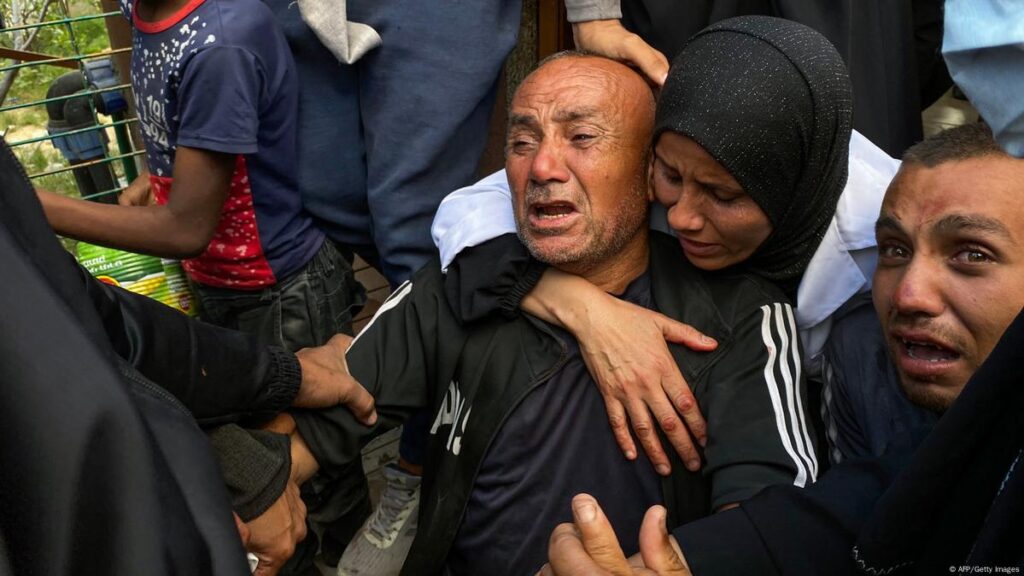The humanitarian crisis in the Gaza Strip has reached alarming levels, with the United Nations World Food Programme (WFP) warning that nearly a third of the population is going for days without eating. According to the WFP, malnutrition is surging across the besieged enclave, with 90,000 women and children in urgent need of treatment.
The situation has deteriorated rapidly in recent weeks, with Gaza’s Hamas-run health ministry reporting nine more deaths from malnutrition on Friday, pushing the total to 122 since the war began. As aid agencies raise the alarm, Israel maintains that there are no restrictions on humanitarian aid entering the territory, instead blaming Hamas for the worsening conditions.
International pressure is mounting for a more robust response to the crisis. UK Prime Minister Sir Keir Starmer has announced that Britain may soon participate in aid airdrops into Gaza. This comes after over a third of British MPs signed a letter urging the UK to recognise a Palestinian state and act swiftly to address the humanitarian disaster.
Sir Keir also revealed efforts to evacuate critically ill children from Gaza for medical treatment in the UK are being accelerated. Meanwhile, despite reports suggesting the United Arab Emirates and Jordan were preparing to carry out the latest airdrops, a senior Jordanian official confirmed that their military was still awaiting Israeli approval.
However, the UN has criticised the idea of airdrops, describing them as a “distraction to inaction,” and called for more meaningful solutions to ensure aid reaches those in need. Aid agencies argue that airdrops are inefficient compared to coordinated ground deliveries.
In a joint statement, Germany, France, and the UK urged Israel to lift restrictions on aid, calling for an end to the “humanitarian catastrophe” unfolding in Gaza and a cessation of hostilities. They stressed that denying essential humanitarian assistance violates international humanitarian law.
UN Secretary-General António Guterres voiced his frustration, decrying the international community’s “indifference and inaction.” Addressing Amnesty International, Guterres revealed that over 1,000 Palestinians have died attempting to access food since late May, a grim indicator of the crisis’s urgency.
The Gaza conflict continues to devastate civilian life, with hunger and malnutrition now becoming deadly threats alongside the ongoing violence.

